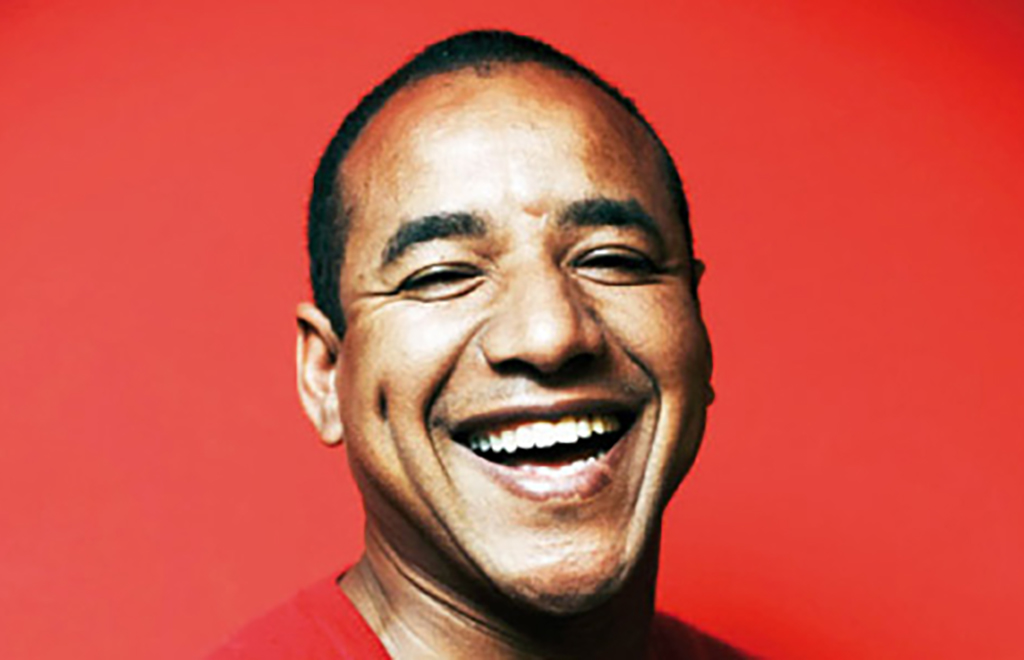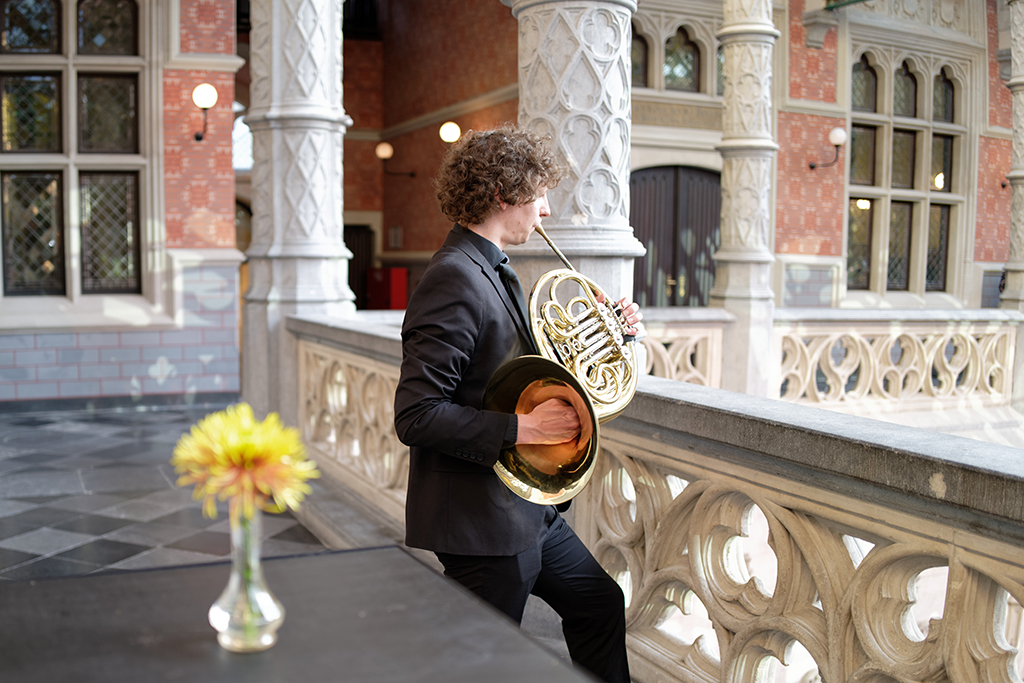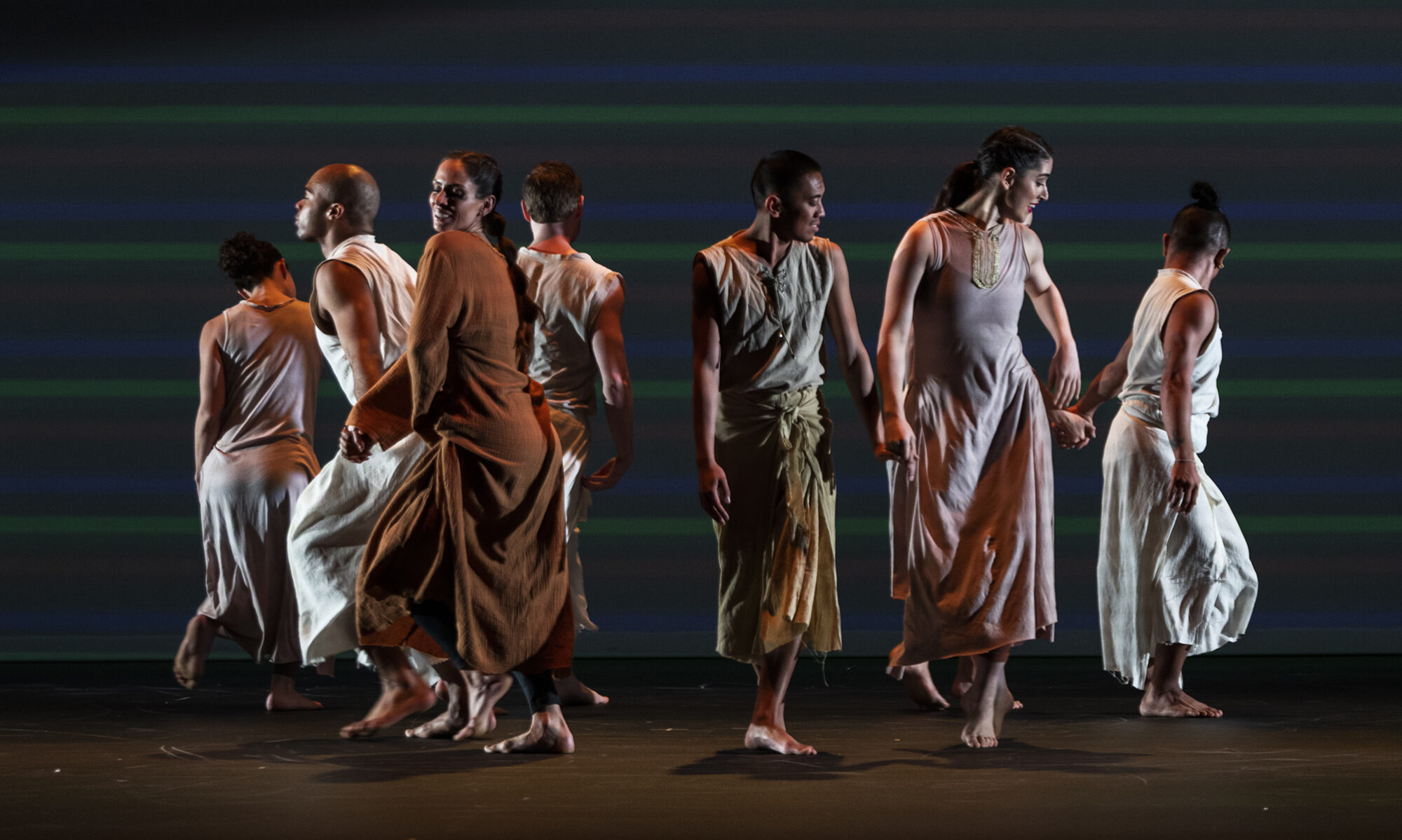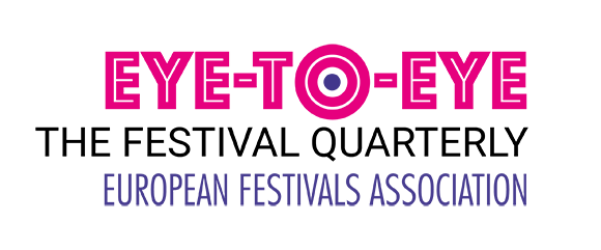African Capitals of Culture: Celebrating uniqueness and diversity

Khalid Tamer lives and works between Marrakech, Paris and Montreal. Alongside his career as a stage director, he has created and managed a number of festivals, including the Festival au Féminin in Paris, the Ramadan vigils, and the Voix de femmes festival in Bamako. In 2007, he launched the Awaln’art International Artistic Encounters in Public Places in Morocco, paving the way for the emergence of contemporary creation in public spaces. He is a tireless ambassador for creativity in Africa and the French-speaking world. In 2010, he became an expert for the International Organisation of the French-speaking World, and in 2013 he became the first Moroccan president of the International Commission of French-speaking Theatre. He was vice-president of the Marrakech Biennial from 2014 to 2018, and recently became a member of the international artistic committee of the Market of Spectacle Arts (MASA) in Abidjan. In 2018 he was commissioned by United Cities and Local Governments (UCLG) Africa and the African Union to set up a cultural programme on the continent (which will become the first African Capitals of Culture). In 2020, he returned to the Lavoir Moderne Parisien as managing director and initiated the Africapitales festival, a descendant of the African Capitals of Culture programme, to promote diasporas and their countries of origin around the world “in a sustainable, inclusive and supportive continental dynamic”.
The concept of Capitals of Culture is not new; it has now spread all over the world, much like contemporary art biennials. These major cultural and artistic events contribute to the host countries’ international policies, highlighting the cities and cultural areas they wish to promote. However, the adoption of this concept by the African continent is first and foremost a response to an established fact: Africa is the only continent that has not yet offered its cities this opportunity.
This fact reveals some major challenges. First of all, the continent is ready to welcome the challenge of debating a common cultural sphere. This uniqueness, which has been applauded by countries and continental bodies alike, must not overshadow the diversity of the cultures it encompasses. The local level is particularly well-suited to the happy confrontation of imaginations. If Africa, as a united continent, wants to spearhead a new project for a sustainable society based on solidarity, change can take place at a local or even ultra-local level, within the framework of close relationships. The collective imagination can be strengthened in this same framework to involve the entire population in the necessary changes.
Both African cities and rural areas, are home to a creativity and dynamism that must be supported and made visible. They are becoming major international players because of the challenges they face.
Cultural Africa also encompasses its diasporas. To speak of Africa is almost to speak of the whole world. The influence of African diasporas on creativity at an international level is omnipresent, and it is time for African countries themselves to address these matters. Through their cultural players and local authorities, they can show the world the plurality and creativity of African cultures, as well as their willingness to join forces.
It is not a question of importing a concept by mimicry, but of reinventing it and improving it. The migration of people and ideas has shaped the world, and the history of human rights is not unique to Europe. Today, ideas know no borders. To give African countries back the real independence they deserve, we have to take back control of our own history and culture.
The African Capitals of Culture are a means of defining and inventing ourselves to show the world our uniqueness as well as our differences. They showcase the power and visibility of our public and private cultural players, while imposing our humanity. These events demonstrate the ability of our artists and cultural players to be the driving force behind a local, circular and solidarity-based economy.
Rabat, the African Capital of Culture, concluded in 2023 with the “Rabat Declaration” by African ministers of culture, who affirmed their desire to strengthen the cultural cooperation between African countries.
This pilot edition consisted of an ambitious programme of over 100 events in all cultural fields: music, visual arts, theatre, cinema, circus, design, publishing, dance, storytelling, fashion and heritage. It brought together several hundred artists, troupes and experts from all over the continent, with the participation of 43 African countries, more than 4,000 artists and over 1.5 million spectators.
The event initiated a strong flow of promising exchanges for the future of culture, demonstrated the validity and relevance of the concept, and allowed lessons to be learned that will guarantee a fruitful future. The African Union, ECOWAS (Economic Community of West African States) and CEMAC (Economic and Monetary Community of Central Africa), in particular, now wish to participate in the dynamic launched in Rabat, to initiate and support structuring cultural programmes on a continental scale.
Let’s show that culture and art are shared in homes and neighbourhoods, and that they are a driving force in our societies. Let’s reinvent words in the light of our vernacular languages: culture, democracy, art… Let’s build a new project for Africa and a new future for us all. African Capitals of Culture are a powerful way to celebrate our heritage while building a brighter future for the continent.
Festival Life creates shared moments of audiences and artists, eye-to-eye


